It was stated that ozone gas, which increases under the effect of hot weather, can trigger complaints such as coughing, wheezing and shortness of breath, and that it can increase the development of attacks in asthma patients, and that extreme heat can concentrate small particles that can penetrate deep into the lungs and aggravate respiratory complaints, so caution should be taken.
Turkish Thoracic Society (TTD) Central Executive Board Chair Prof. Dr. Nurdan Köktürk made a statement regarding the negative effects of the extremely hot weather, also known as “eyyam-ı bahur”, which will be effective this week, on lung health. Reminding that air temperatures are increasing worldwide due to the effect of global warming, Köktürk said that many regions of Turkey are facing record-breaking temperatures.
THE WARMEST MONTH WAS MAY
Köktürk emphasized that extremely hot weather above seasonal norms puts the health of millions of people at risk, saying, “The risk of hot weather affecting those with long-term (chronic) lung diseases such as asthma is higher. According to the statement made by the Copernicus Climate Change Service, May 2024 was the hottest May on record globally, and temperatures are expected to continue to be above seasonal norms.”
MAY INTENSIFY RESPIRATORY COMPLAINTS
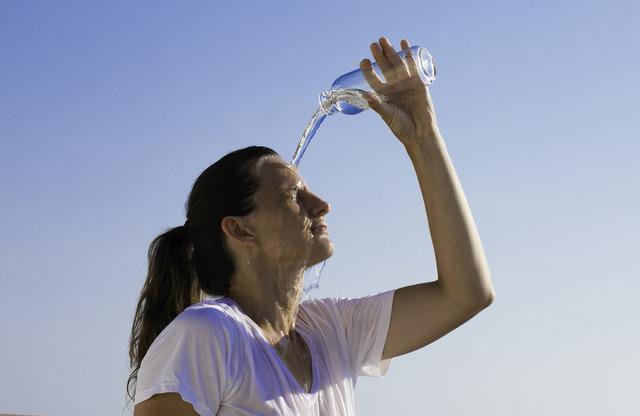
Köktürk, who stated that hot weather generally causes air quality to decrease due to ozone formation and increased particulate matter, stated that pollutants coming from cars, factories and other sources form ozone gas when they react with sunlight. Köktürk warned, “The increased ozone gas due to hot weather is particularly harmful for asthma patients as it can trigger complaints such as coughing, wheezing and shortness of breath. In addition, extreme heat can concentrate small particles that can penetrate deep into the lungs and aggravate respiratory complaints.”
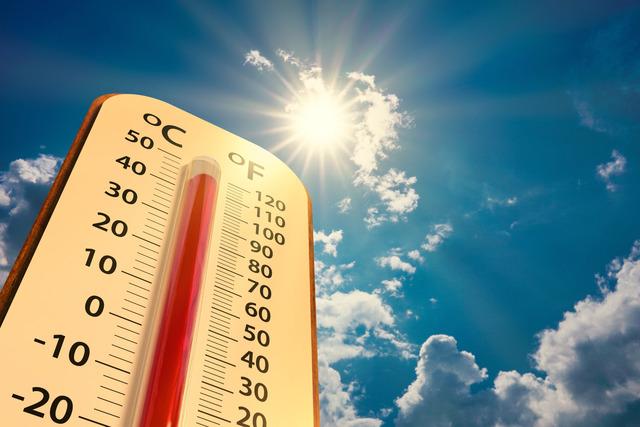
Köktürk, who pointed out that pollen and allergens also increase with hot weather, said, “Higher temperatures can cause the pollen season to extend and increase the amount of allergens in the air. For asthma patients with pollen allergies, exposure to high levels of pollen can trigger asthma attacks. In addition, since the density of mold in the air increases in hot and humid environments, complaints of asthma patients with mold allergies may increase.”
“IT CAN MAKE BREATHING DIFFICULT”
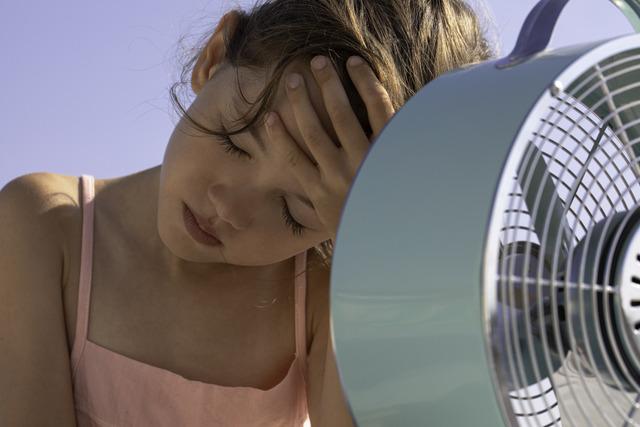
Prof. Dr. Köktürk, drawing attention to the fact that extreme heat can be a source of stress in addition to its effects on the respiratory system, said, “Asthmatic patients may have more difficulty breathing as their bodies work harder to cool down, which can cause an increase in oxygen demand. Dehydration, a common problem in hot weather, can also thicken phlegm in the respiratory tract, making breathing difficult and increasing the risk of infection.”
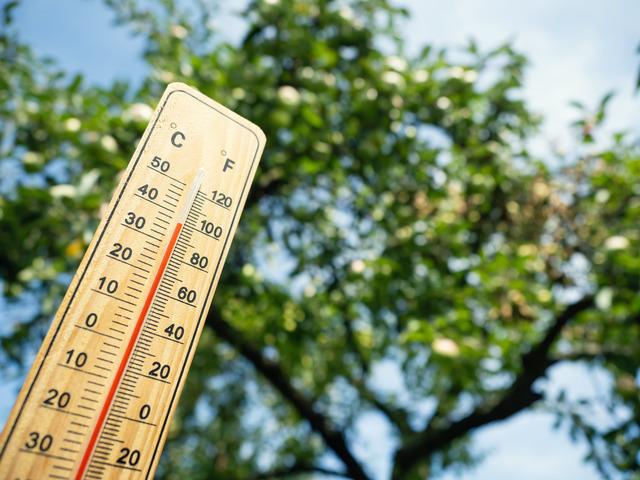
Emphasizing that discomfort and stress caused by extreme heat can indirectly affect asthma, Köktürk noted the following:
“High temperatures can limit outdoor activities, reduce exercise capacity and lead to social isolation. All of these can impact overall health and well-being. The mental stress and effects of coping with extreme heat can be particularly challenging for those with chronic respiratory disease.”
“ASTHAMINATION MEDICATION SHOULD ALWAYS BE WITH THE PERSON”
TTD Asthma and Allergy Working Group Executive Board Member Specialist Dr. Özge Öztürk Aktaş also provided information on what to do in hot weather to protect health.
Aktaş stated that knowing when a heat wave is expected and how long it will last is important in terms of being cautious, and said, “It should not be forgotten that high pollen and pollution levels, combined with heat, can increase the likelihood of your complaints flaring up, and a plan should be prepared on what to do in this case.”

Aktaş stated that if a heat wave is expected, care should be taken not to go out during the hottest hours of the day, normally between 11:00 and 15:00.
Aktaş said that if you need to go out, it is recommended to plan it in the early morning hours or in the evening hours when the weather is cooler and the air quality is better, and continued his words as follows:
“When outside, walk in the shade and avoid main roads and crowded streets if possible. When you need to go out during the day, avoid staying in the sun for long periods of time. Wear loose, cool clothing and a hat. Prepare a bag for basic needs when going out. The bag should include any medications you may need, plenty of water and a hand fan.
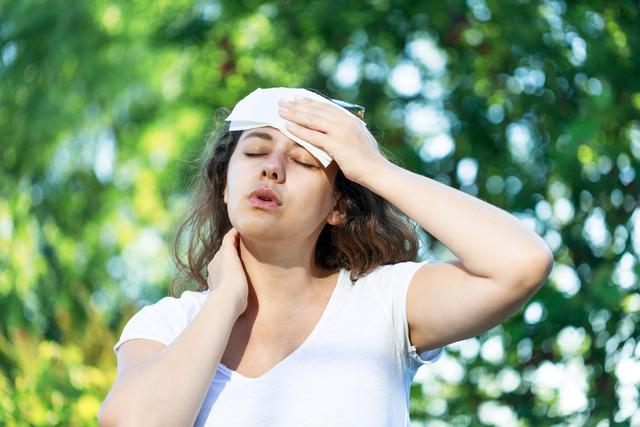
People with lung disease should not exercise in a hot environment. Exercise should be done in a cool, well-ventilated room or indoors in a gym. Activities such as housework and gardening should be done in the early morning or in the evening when the weather is cool. In very hot weather, strenuous activities should be reduced until the weather cools down.
Do not become dehydrated. Caffeinated drinks such as tea, coffee or cola and drinks with high sugar content, on the contrary, cause the body to become more dehydrated, so water should definitely be consumed. Closing the curtains can help keep the house cool. If the inside of the house is colder than outside, windows should be closed to keep the cool air inside. On nights when the air outside is cooler, windows should be opened if it is safe. If the body is overheated, a cool shower should be taken. The skin should be cooled with water using a cool, wet cloth and water spray.

Aktaş also touched on the importance of healthy nutrition, saying, “Even if you are not hungry, you should eat normally. A normal diet should be followed in order to replace the salt lost through sweating. Cold foods such as salads and fruits should be consumed especially because they contain a lot of water.”
Aktaş underlined that precautions must be taken because hot weather can trigger asthma, and said that the storage conditions of medicines should also be taken into consideration.
Aktaş warned, “Medicines should be stored at home, below 25 degrees or in the refrigerator, in accordance with the storage instructions on the packaging. The asthma medication used as a rescue medication when necessary should always be with the person.” (AA)
